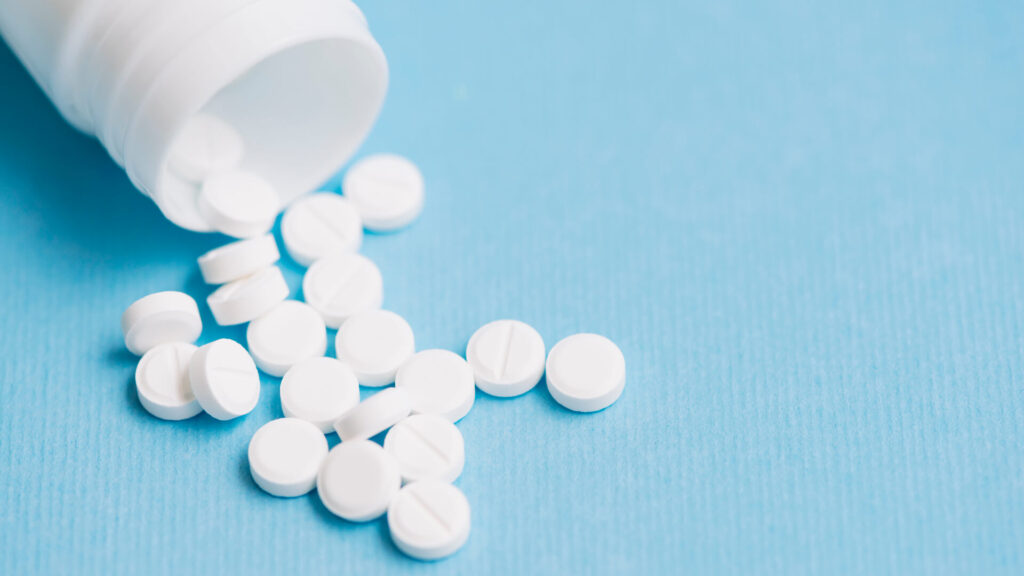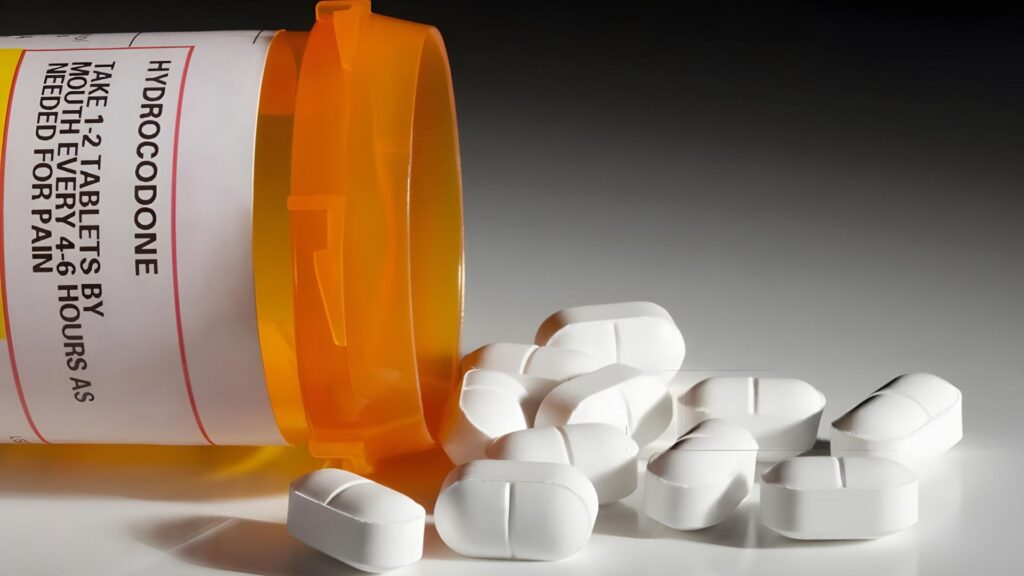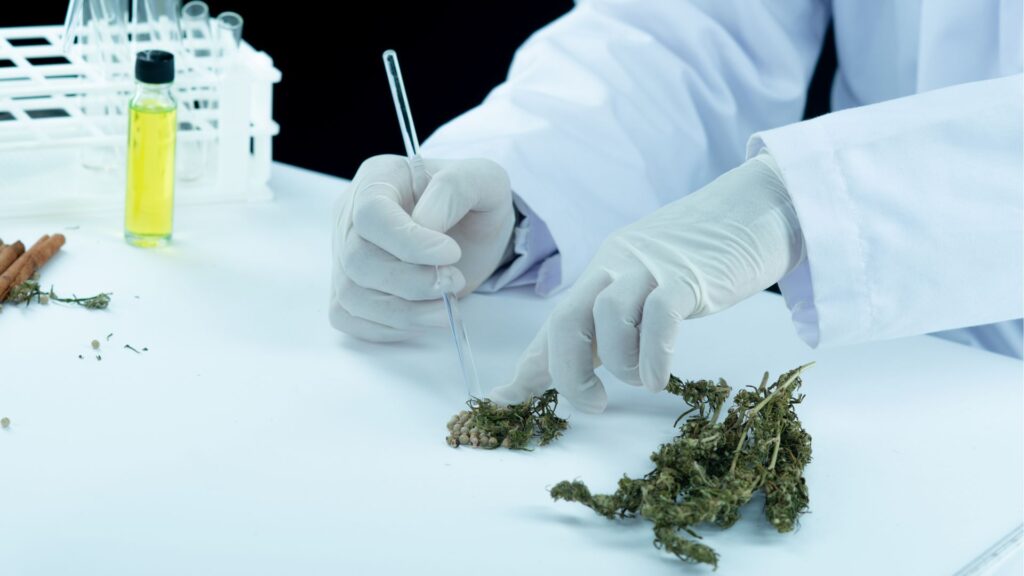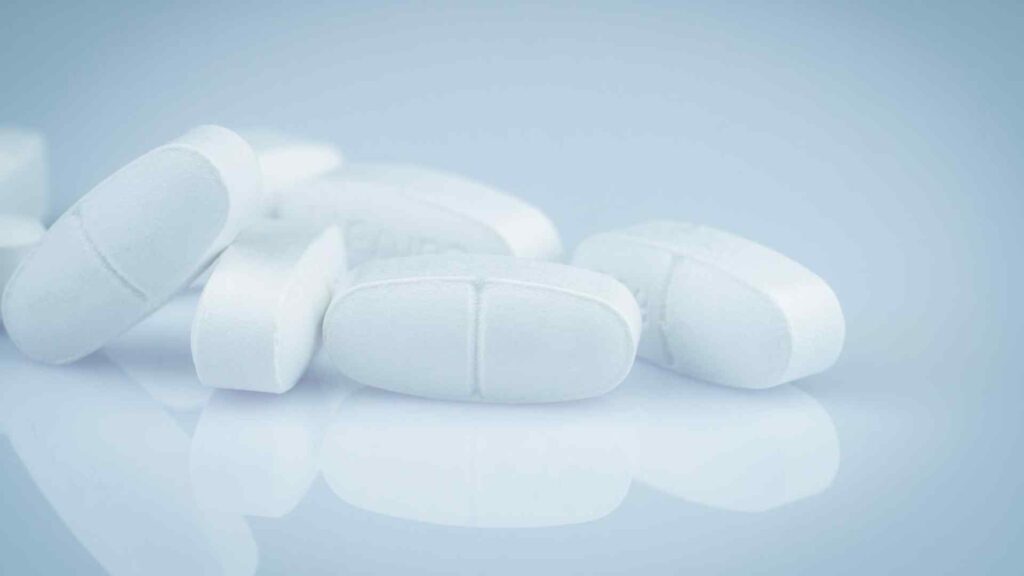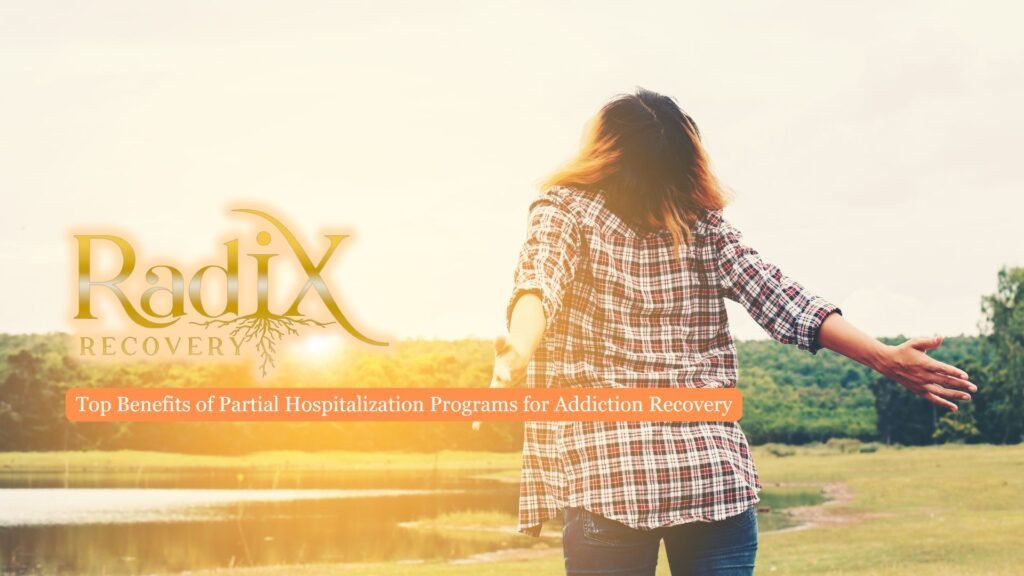Ritalin, also known by its generic name methylphenidate, is a widely used stimulant prescribed to manage ADHD symptoms. While effective for improving focus and reducing hyperactivity, it can also influence mood and emotions in both children and adults.
Understanding how stimulant medication like Ritalin affects the brain and emotional regulation is crucial for anyone currently taking or considering it as part of treatment.

Ritalin’s Impact on the Brain
Ritalin (methylphenidate) works by increasing dopamine and norepinephrine in the brain – neurotransmitters essential for attention, focus, and impulse control. These neurotransmitters are often imbalanced, and stimulant medications like methylphenidate help to restore that balance. Such drugs can improve concentration, reduce hyperactivity, and support behavioral control, making them a cornerstone in ADHD medication.
However, altering dopamine and norepinephrine levels also affects emotional regulation. Dopamine is closely tied to the brain’s reward system and mood regulation, which explains why changes in dosage or sensitivity to the medication can influence emotional stability.
Because it stimulates the brain’s reward pathways, Ritalin also carries a risk for misuse – especially when not taken as prescribed. If dependency develops, professional Ritalin addiction treatment may be necessary to support recovery and long-term mental health.
Ritalin’s Common Emotional Side Effects
Like any medication stimulant, Ritalin may cause and trigger emotional changes – some mild and temporary, others more intense or persistent. Emotional responses vary, but frequently observed reactions include:
- Irritability: This is among the most frequent emotional responses, especially as the medication wears off (known as “rebound irritability”).
- Anxiety or nervousness: Ritalin may increase anxiety levels in some individuals.
- Mood flattening: Some people experience a reduction in emotional range or feelings of emotional numbness.
- Feelings of sadness or depressive symptoms: While not extremely common, these symptoms can occur, particularly if the dosage is too high or individual sensitivity is overlooked.
More serious emotional outcomes, although less common, can include emotional lability (rapid mood shifts), depressive symptoms, and in rare cases, suicidal thoughts. These reactions may require immediate medical attention and a reassessment of the treatment plan.
Mood Swings and Emotional Changes: What to Look For
Mood swings are one of the more concerning effects of Ritalin use. These changes may not only affect the individual but also those around them – particularly in children and adolescents with ADHD. Emotional highs, followed by crashes, can occur when the medication peaks and then wears off.
Warning signs of mood-related issues include sudden anger that feels out of character, tearfulness or persistent sadness not tied to specific events, noticeable withdrawal from social activities, and difficulty coping with frustration or everyday stressors.
It’s also important to distinguish whether the emotional instability is a side effect or part of untreated or comorbid mental health conditions such as depression, anxiety, or bipolar disorder. A comprehensive evaluation is key to determining the true cause.

Factors That Influence the Emotional Effects of Ritalin
Several factors can affect how someone emotionally responds to Ritalin:
- Dosage: Higher doses of methylphenidate may increase the risk of sudden emotional shift and instability. Finding the right dosage is crucial.
- Formulation: Immediate-release versus extended-release forms (like Ritalin LA or Concerta) can affect how the medication interacts with brain chemistry over time.
- Individual brain chemistry: People with ADHD have varying neurobiological makeups, meaning one person’s experience with Ritalin can be drastically different from another’s.
- Age: Children and adolescents with ADHD may experience different side effects than adults.
- Co-occurring conditions: Individuals with pre-existing mood disorders or anxiety may be more vulnerable to emotional side effects.
- Other medications: Combining Ritalin with other medications (such as Adderall) or antidepressants may intensify or mitigate emotional responses.
- Non-Prescribed Use: Taking Ritalin without a prescription or in higher-than-recommended doses can dramatically increase emotional and behavioral side effects, especially for some who are more prone to addiction.
Treatment with methylphenidate in adults and children needs to be carefully managed, considering the potential side effects reported, particularly regarding mood and behavior.
What to Do If You Experience Emotional Side Effects
If you or someone you know begins to experience mood changes while taking Ritalin, don’t ignore them. Emotional shifts – even subtle ones – can escalate without proper intervention.
Start by tracking when the changes occur, how they feel, and how long they last, as this can provide helpful insight for your healthcare provider.
When symptoms become disruptive, reach out to your doctor – adjustments in dosage or switching formulations can often make a difference. It’s also crucial not to stop the medication abruptly, as doing so may trigger withdrawal symptoms or worsen attention deficit hyperactivity disorder.
In cases where emotional struggles co-occur with substance use or psychiatric disorders, dual diagnosis treatment may be necessary to address both areas effectively. In some situations, non-stimulant medications or behavioral therapies might offer a better fit.
Final Thoughts from Radix Recovery
Ritalin, while effective in treating symptoms of ADHD, can cause emotional shifts that vary by individual. Recognizing emotional side effects early – especially irritability, sadness, or sudden mood changes – can help prevent long-term disruptions to mental well-being.
At Radix Recovery, we understand how stimulants can affect not only attention but also emotional health. When misuse or dependency becomes a concern, the emotional toll may deepen. Our team of addiction specialists in Cedar Rapids, Iowa, can provide evidence-based care for those struggling with the emotional and behavioral consequences of stimulant use or addiction.


























